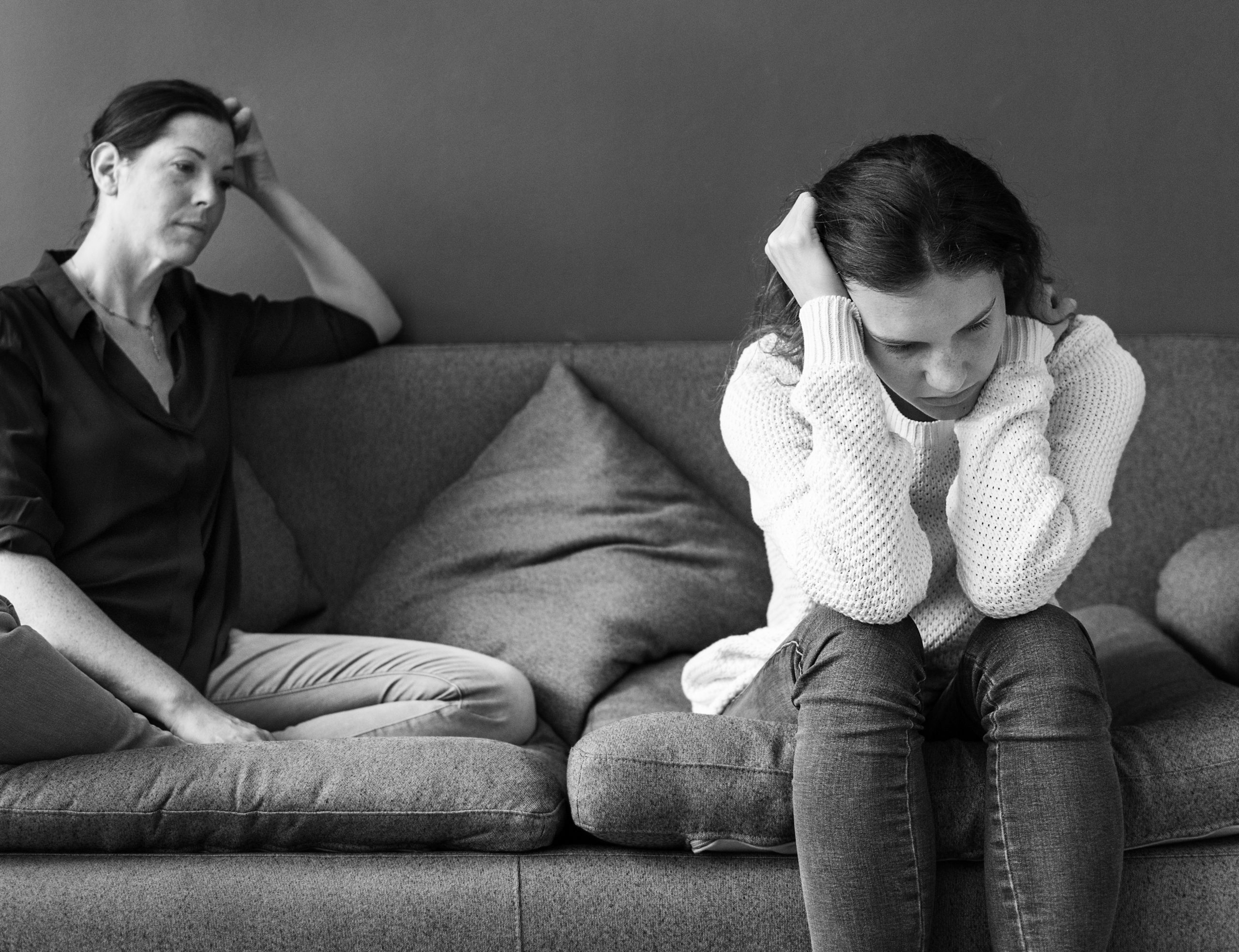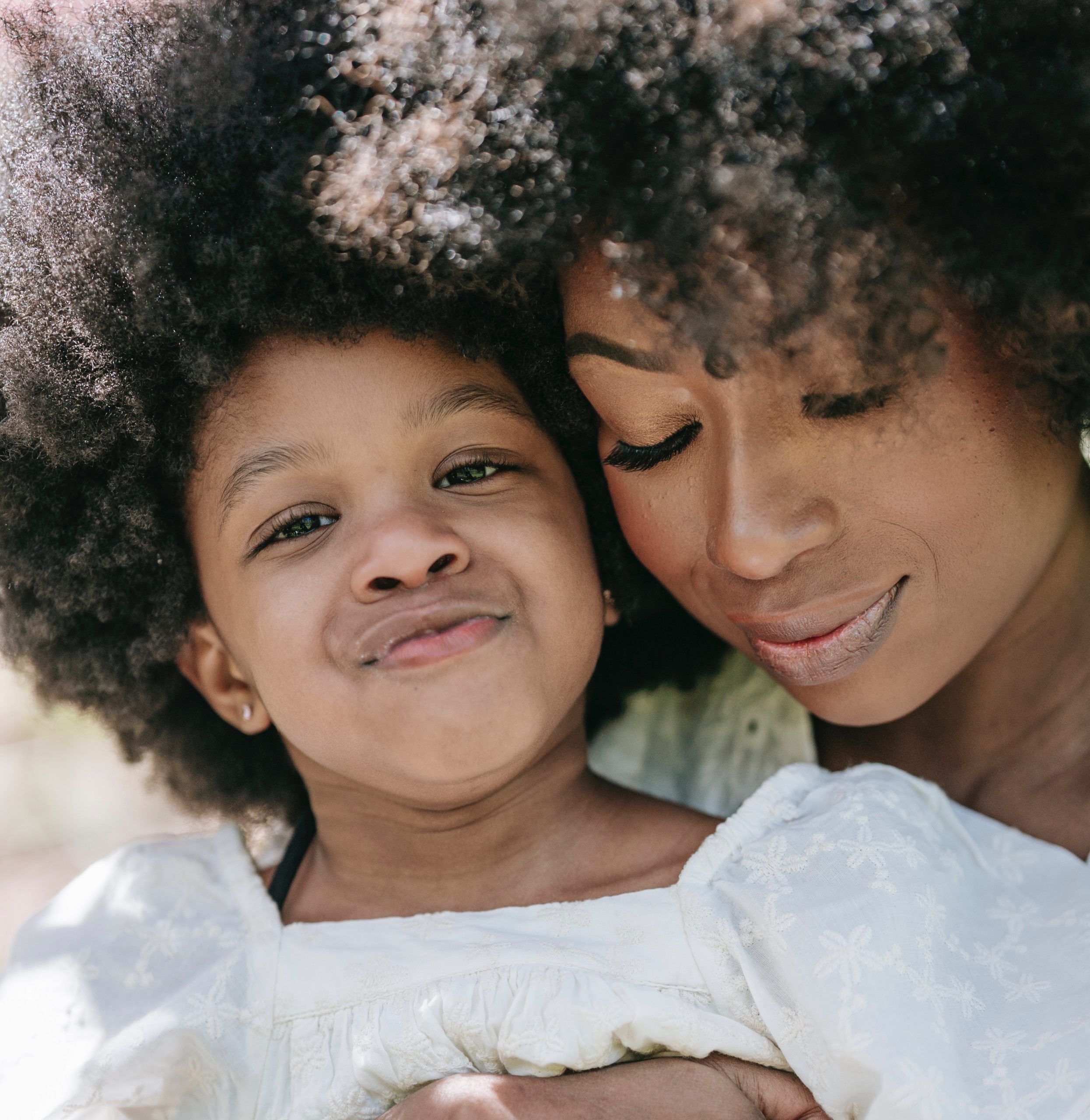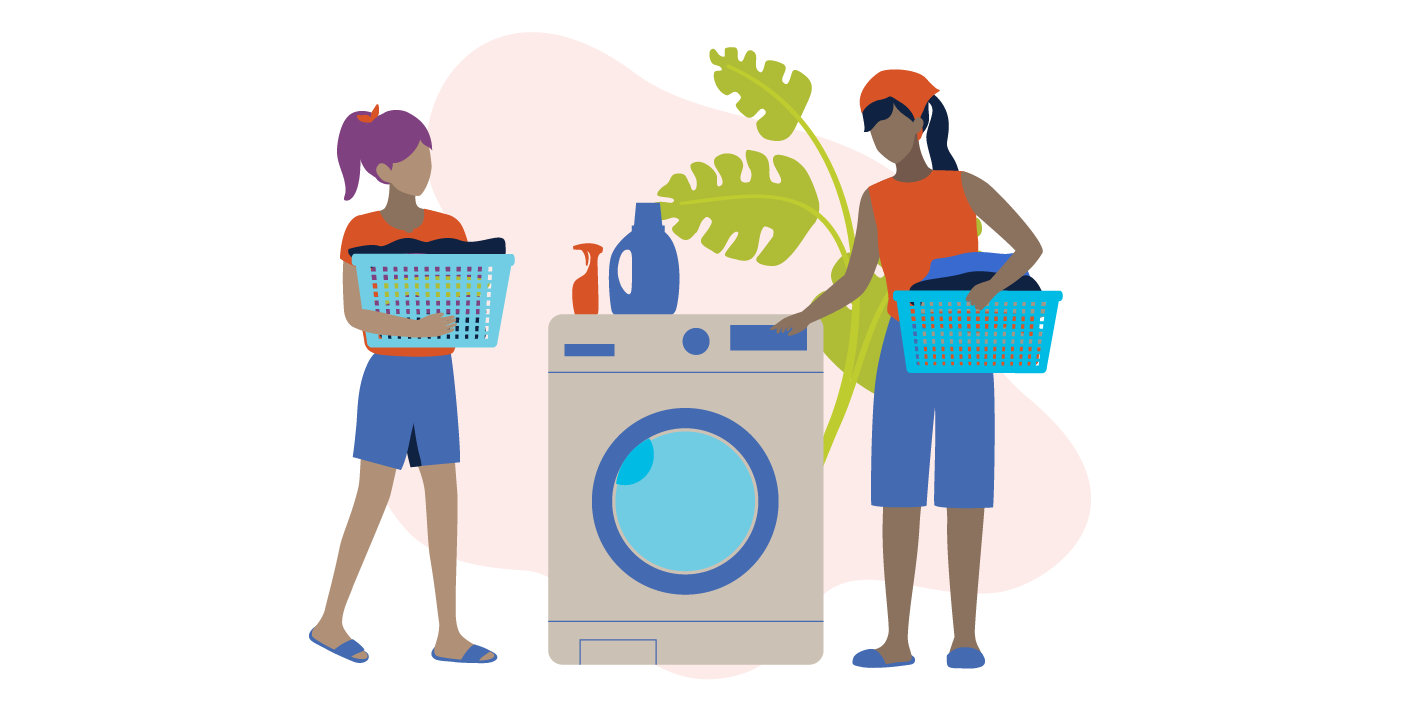Teens Are Flocking to New Photo-Sharing Apps. Are They Safe?
 As Snapchat and Instagram draw criticism for safety and mental health concerns, some young people are opting for a different way to keep in touch. Photo “widgets” LiveIn and Locket are grabbing attention for their fuss-free photo sharing — just snap a photo and it pops up in a tiny window on your friend’s home screen. Read more ›
As Snapchat and Instagram draw criticism for safety and mental health concerns, some young people are opting for a different way to keep in touch. Photo “widgets” LiveIn and Locket are grabbing attention for their fuss-free photo sharing — just snap a photo and it pops up in a tiny window on your friend’s home screen. Read more ›



 We often talk about building self-awareness in our kids, but what about in ourselves, as parents and caregivers?
We often talk about building self-awareness in our kids, but what about in ourselves, as parents and caregivers?
 Regulating our emotions is at the heart of our ability to parent the way we’d like. It’s just so easy to get hijacked by our emotions and find ourselves already ten steps down the low road.
Regulating our emotions is at the heart of our ability to parent the way we’d like. It’s just so easy to get hijacked by our emotions and find ourselves already ten steps down the low road. 
 In any moment as parents, we can choose to react or let it go. Putting space between you and your reaction allows you to respond with kindness—both to your children, and to other parents.
In any moment as parents, we can choose to react or let it go. Putting space between you and your reaction allows you to respond with kindness—both to your children, and to other parents. 
 For parents, being self-aware is key for connecting to their kids. When parents aren’t self-aware, they might get caught up in their own emotions instead of being present with their children. They also might not recognize that they’re unconsciously repeating the patterns of their own childhoods in their parenting today.
For parents, being self-aware is key for connecting to their kids. When parents aren’t self-aware, they might get caught up in their own emotions instead of being present with their children. They also might not recognize that they’re unconsciously repeating the patterns of their own childhoods in their parenting today. 
 In 2018,
In 2018, 

 Children often experience a rollercoaster of emotions, even on a good day. But prolonged symptoms of sadness, irritability, short-temper, change in eating or sleeping habits or lost concentration or interest could be signs of depression. How do you know what’s normal and what’s cause for concern?
Children often experience a rollercoaster of emotions, even on a good day. But prolonged symptoms of sadness, irritability, short-temper, change in eating or sleeping habits or lost concentration or interest could be signs of depression. How do you know what’s normal and what’s cause for concern? 
 Does your child seem unusually sad, irritable or quiet lately? Such changes in mood could be due to a temporary stress in life. But how do you know if it’s something more?
Does your child seem unusually sad, irritable or quiet lately? Such changes in mood could be due to a temporary stress in life. But how do you know if it’s something more? 
 The authors of a new book on puberty had trouble coming up with a name. The guide to growing up, for pre-teens 9 to 13, is written for all kids – girls, boys, nonbinary youth. It’s inclusive of the gender spectrum and the trans experience.
The authors of a new book on puberty had trouble coming up with a name. The guide to growing up, for pre-teens 9 to 13, is written for all kids – girls, boys, nonbinary youth. It’s inclusive of the gender spectrum and the trans experience. 
 Growing up is a process of moving toward independence, becoming your own person and meeting your own needs. “Launching” refers to the parental role in their child’s transition into adulthood. This process looks different for everyone — a bumpier or more meandering path for some than others. So how can you best prepare your child for a smooth launch?
Growing up is a process of moving toward independence, becoming your own person and meeting your own needs. “Launching” refers to the parental role in their child’s transition into adulthood. This process looks different for everyone — a bumpier or more meandering path for some than others. So how can you best prepare your child for a smooth launch? 

